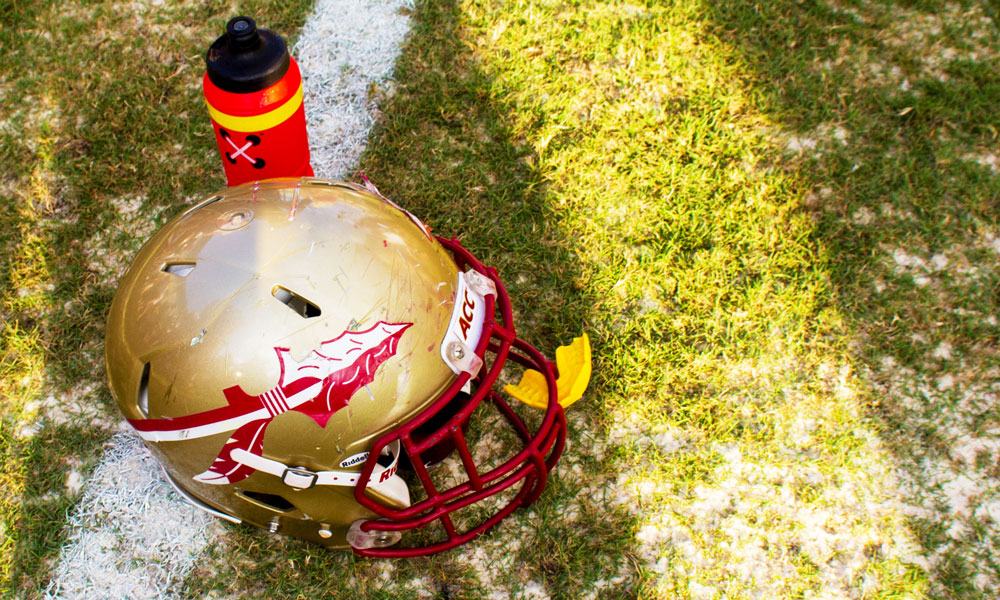
Anthropological Association Takes a Stand in Native American Mascot Debate
Though the American Anthropological Association has been a vocal proponent of indigenous rights throughout its history, the group had remained quiet on the Native American mascot debate. That changed last week when AAA released a statement on the issue.
Anthropologists have joined a long line of groups to call on professional and college sports communities to rethink their use of Native American mascots and nicknames. Except in instances where tribes or key stakeholders have been consulted (see Florida State University and San Diego State University), sports organizations should “denounce and abandon the use of American Indian” imagery, the American Anthropological Association said in a statement [PDF] released last week.
The issues of indigenous rights and indigeneity are issues that are of central concern to our association.
“While these organizations may feel they are honoring Native Americans, many in that community view it to be a degrading and painful symbol of racism,” Monica Heller, AAA president, said in the statement. “Research has established that the continued use of American Indian sports mascots harms American Indian people in psychological, educational, and social ways. Frankly, I don’t see where the honor is in that.”
For AAA, the statement is a culmination of work initiated by a group of language and social-justice experts within the organization.
“That group has, for a number of years, been targeting issues around language in particular that has social-justice implications,” Heller said in an interview with Associations Now. “One of their activities lately has been around the issue of the appropriation of images and names for indigenous groups as mascots or names for sports teams. If you look around the internet and different headlines you know we’re not the only group on this case, but we felt it was necessary to throw our weight behind this campaign.”
The resolution was developed and has the backing of a number of AAA component organizations, including the Association of Indigenous Anthropologists, the Committee on Human Rights, and the Society for Linguistic Anthropology, as well as the AAA executive board.
“The Native Anthropologists within the association have brought this forward,” Heller said.
The ever-important next step, though, is to keep the conversation going. “One of the things that issuing statements does is to draw the attention of the people who are interested in having this conversation. So, we’re certainly interested in sitting down with other groups to see how we can push this initiative forward,” she said.
If its past efforts are any indication, AAA has pretty good shot at effecting change. In 2011, the group successfully lobbied [PDF] the U.S. Census Bureau to remove the term “linguistically isolated” as a classification in its survey. In December, Heller had a letter published in The New Yorker that praised the publication for a questionable Washington Redskins-Thanksgiving-themed cover. And, during the holidays, the group was one of many to criticize Ralph Lauren for its Native American ad, which resulted in the company pulling it and issuing an apology.
“The issues of indigenous rights and indigeneity are issues that are of central concern to our association,” Heller said. “This statement on the mascot issue is just part of a broader set of efforts that have to do with indigenous rights in the United States and with various groups that we work with more broadly.”
A Florida State Seminoles football helmet. The association allows for usage when "appropriate consultation" has taken place with stakeholders, as was the case for Florida State. (flguardian2/Flickr)






Comments